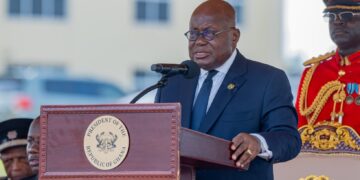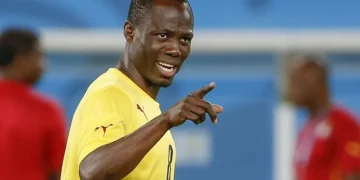Ghana is currently facing a significant debt crisis. It needs to rework about $10.5 billion of external debt, which is more than a third of its total external debt of $30 billion.
This is a crucial step in securing financing assurances to support its Extended Credit Facility Programme, which is being supervised by the IMF. The country’s debt rework exercise involves two forms: bilateral and commercial.
Ghana has been working towards securing the third tranche of $360 million after reaching an IMF Staff-Level Agreement.
However, to unlock the disbursement, the country needs to meet certain financing assurances from its external bilateral creditors.
The IMF has emphasized that Ghana and its official bilateral creditors need to reach an agreement on a Memorandum of Understanding for debt treatment consistent with the agreement in principle reached in January 2024.
Talks have been ongoing between Ghanaian authorities and its international bondholders since March 2024. However, negotiations have become complicated after the IMF indicated that the deal Ghana reached with its external bondholders would not fit its debt sustainability parameters.
Furthermore, Ghana has not secured any concrete deal with specific MoUs detailing the amount of release being dished out, making it difficult to meet the Fund’s acceptable threshold.
The IMF has approved “reforms to enhance the IMF’s ability to support countries undergoing debt restructurings.”
This presents a promising outlook for Ghana, but the country needs to finalize agreements with external creditors before the conclusion of the ongoing Spring Meeting in Washington DC if it wants immediate support from the International Monetary Fund and its allies.














